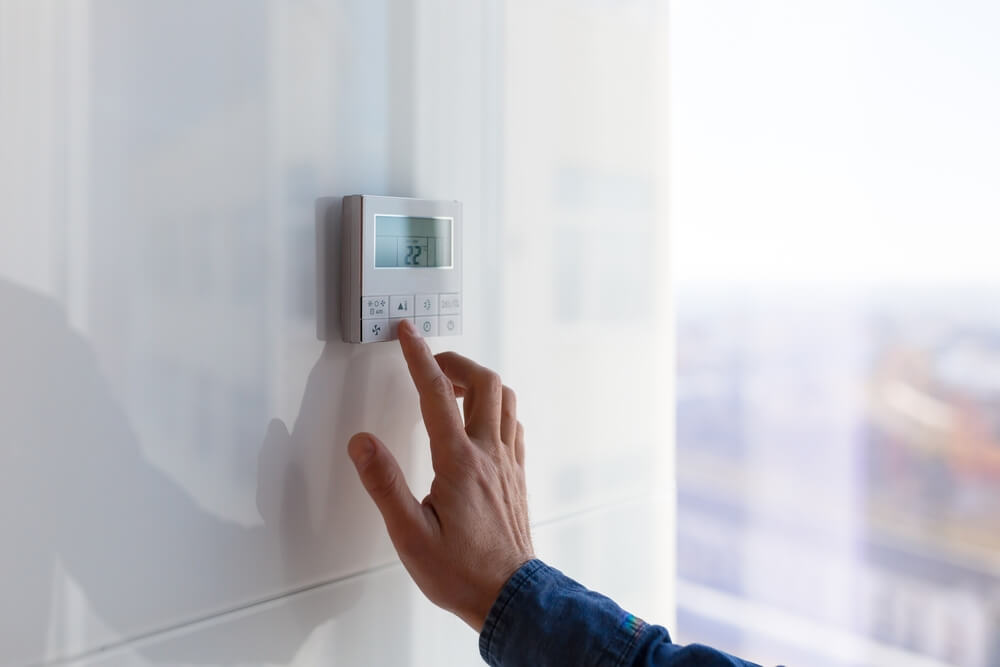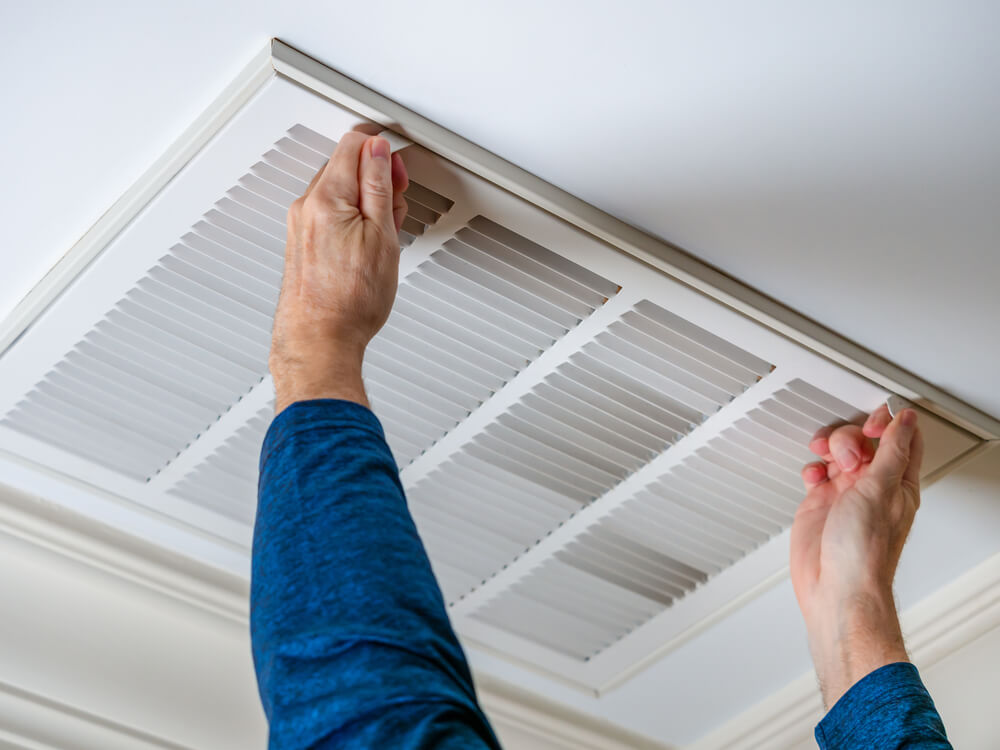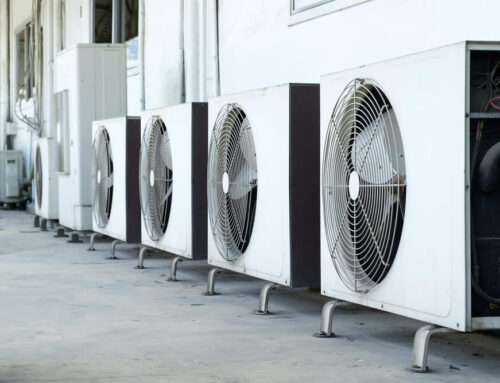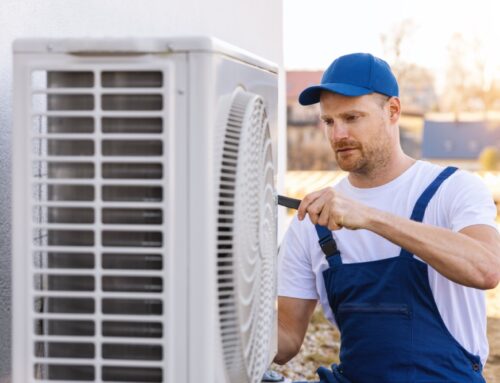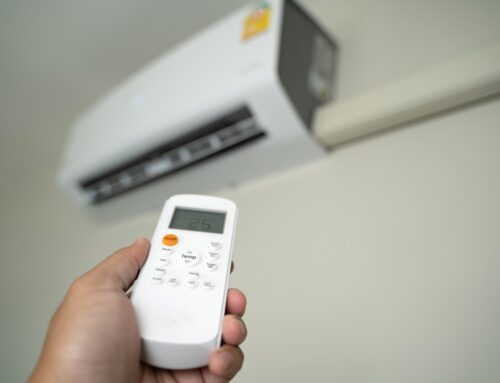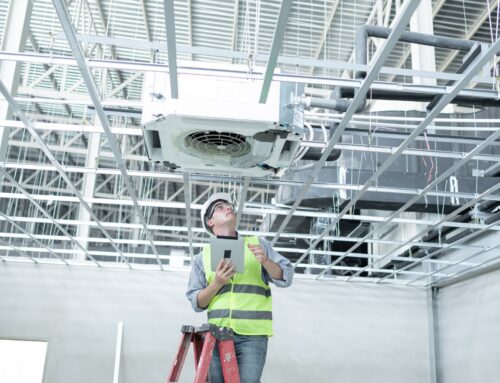In essence, both central air and forced air heating systems refer to the same thing: the cooling and heating elements in your house that are crucial when it comes to maintaining indoor living space quality and air quality. Sometimes, you may even hear central and forced air terms used interchangeably because they are more or less referring to the same system. Still, there are a few fundamental differences between these units and how they work.
As a team of highly trained experts, apart from providing excellent HVAC installation service, we here at Chills also aim to help our readers and customers learn more about heating and cooling, so they can make smarter decisions when it comes to getting the best-suited system for their homes.
Now, both forced air heating and central air offer several advantages and some possible drawbacks when compared to the other, and in this blog post, we’ll aim to help you pick out the type of system that meets your needs and criteria the most.
Forced Air Vs. Central Air
Usually, forced air refers to a system responsible for heating your home, while central air systems are those responsible for cooling. Still, things can get confusing, as these terms are often used interchangeably. Why? Because central air units will still use the vents and ducts of the forced air heating system to send cool air into your house.
On the other hand, central air units can produce both cold and hot air in a central location and deliver both to your home. The air conditioner is the central system that works independently of the furnace and uses the outside unit to cool the air.
Now, the outside unit in a central air system will have a compressor, condenser, and evaporator coils. These enable the outside system to loop refrigerated and recycled air in the house. Both the compressor and the condenser can be found on the outdoor unit, working together with the evaporator coils to pull in the hot air and release the refrigerated air through the vents and ducts.
Conversely, a forced air heating system is more like a delivery method for HVAC systems that use vents and air ducts to send out temperature-controlled and conditioned air into any home. More or less, people associate forced air systems with heating because they will typically originate from heat pumps or furnaces.
Central Air – Pros and Cons
Typically, these are highly effective and efficient units that can go a long way with little maintenance. This makes it ideal for those looking for a lasting solution that doesn’t require any significant upkeep. Central air systems also tend to be quieter than most forced air arrangements, and they are just as efficient in keeping consistent temperatures in the entire house throughout the year.
Also, these systems will typically have features like humidity control. They can filter out airborne particles, allergens, debris, and harmful gasses, allowing the entire home to be cleaner and for the family to breathe cleaner air.
On the downside, installing these central air systems can be a bit pricier. Still, the final cost will depend on the actual type of system you’ll want to purchase and whether your house already has the necessary furnace and ductwork to enable the central air system to work effectively.
Also, while most system components require little maintenance, there will be potential upkeep with ducts and vents because of mold and bacteria buildup. This means that you will have to get a professional cleaning for your central air system at least once a year.
Central air systems may also increase your higher energy bills, but if you set up the correct temperatures and keep the vents and the ducts in good shape, you can keep your utility bills under control.
What Is Forced Air – Pros and Cons
When looking at the forced air vs. central air debate, forced systems also offer several advantages. They can also produce dehumidified and filtered air and come with humidity control, all allowing your home to be more comfortable.
Another benefit of forced air heating systems is that the filtration is easy to upgrade and needs little upkeep. Generally, heating and cooling the entire house will be less expensive, and some forced air systems support smart technology, meaning that they will also add value to your home.
Still, you can’t say that forced air systems have totally the upper hand in the forced air vs. central air debate. There are some disadvantages to these units. They are inherently more expensive, and the costs can even be higher when you combine them with a central air system. Also, they tend to be on the noisier side, which can be quite bothersome for some individuals/families.
Also, you will still have to deal with the maintenance related to ductwork and system vents. For starters, the ducts should be cleaned and sealed every few years to ensure there won’t be dirt, mildew, and mold buildup.
Proper maintenance is necessary, coupled with regular filter changes. Because if these criteria are not met, you may end up with a system that blows in the dust- and bacteria-contaminated air into your rooms.
Installation might also be more intricate when it comes to forced air heating systems, so they always require the touch of experienced professionals. Luckily, there are several service plans and options that can make the otherwise complex and costly process hassle-free.
Forced Air Vs. Central Air – Which Is Better?
Deciding whether to buy a central air or forced air system can be overwhelming, but with the help of expert technicians such as ourselves, opting for the perfect design for your home can be a lot easier.
For starters, if you’re not really sure about which system would make more sense for your family, you can start by assessing which system would be more compatible with your house. If your home is missing the required vents or ductwork or if these need major repairs, you may opt for ductless mini-split units.
On the other hand, if you are looking for options that support temperature control both for winter and summer months, your best bet might be a whole-house central air system. These may be a bit expensive upfront, but they will most likely be able to meet all of your needs.
Work With Professionals
No matter whether you go forced or central air, the point is to find a system that fits your home’s and your family’s needs. Truth be told, trying to find the best unit or system arrangement can be a bit difficult, as there are several factors you need to consider. Add in a few handy features, and you might choose a system that has all the bells and whistles but is somewhat inadequate to cool and heat your home correctly. So, to avoid throwing your money out of the window, reach out to us so we can discuss what you have in mind and find a solution that will work perfectly for you.


